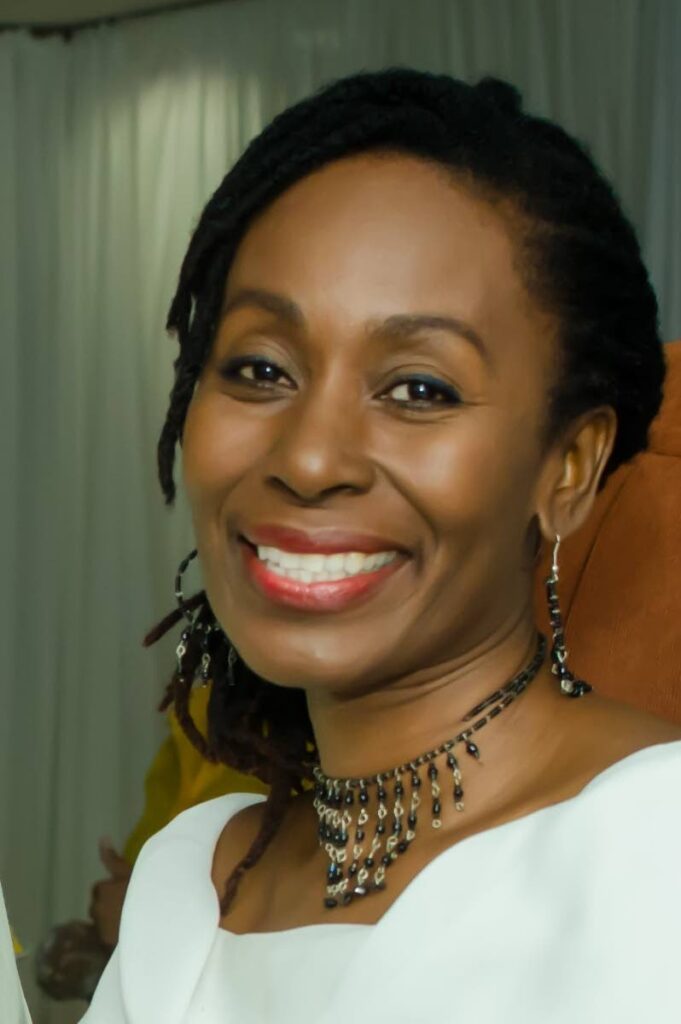What is the point of school?

Dara E Healy
“A panyard is what a school should be.”
– Lloyd Best, School in Pan
WHY DO we go to school? In ancient African, Indian and indigenous traditions, education was primarily designed to develop young people into adults. This was done by nurturing functioning members of society. Responsibility, discipline, respect for elders, understanding how weather patterns affect food supplies, manhood, womanhood, spirituality – these were the foundations of education; in short, the creation of a whole human being.
Colonial education pushed aside these principles and focused on serving the goals of those who controlled the new system. As Walter Rodney wrote, “Colonial schooling was education for subordination, exploitation, the creation of mental confusion, and the development of underdevelopment.”
What if we could undo this state of mental confusion created by a system that was never meant to serve us? What if we could, as Rawle Gibbons says, not just transform the education system, but “transform education?”
Over the past week, the Lloyd Best Institute of the Caribbean hosted a forum on education, a c
onvois called Education Revolution: School in Pan in Practice. Inspired by the writings of Best on the power of panyards to transform our approach to education, the week-long conversations aimed to take a deep dive into his philosophy of change.
It is important to understand that
convois were secret societies of enslaved people. Their purpose was to frustrate and ultimately defeat the system of enslavement through insubordination and rebellion. In TT, these societies were strengthened by the increased presence of Haitians after revolution erupted in their country in 1791. In those days,
convois was a word that was whispered. Today, the use of this word in the context of transforming education is deliberate and an indication of the seriousness of what is being attempted.
The distinction between transforming the education system and education is crucial. From residential schools for indigenous children in Canada to missionary schools in Africa and here in the Caribbean, school was designed to convert and assimilate children into a belief system and world view that were promoted as superior.
Initially, all the images of children in the West Indian Reader were white. In the iconic Dan is the Man in the Van, Mighty Sparrow complained, “…in my days in school/They teach me like a fool/The things they teach me/Ah should be ah block-headed mule.”
In Crick Crack, Monkey, Merle Hodge explored the damaging effects of colonial education and values on the identity of Caribbean people through the eyes of her protagonist Tee, “…at Sunday-school we were given a little card with a picture and a Bible verse – pictures of children with yellow hair standing around Jesus…also at Sunday-school we sang, Till I come to Glory Glory, Lord/And cleansed stand beside Thee/White and shining...”
Best called for a shift in the way we approach education, pointing out that students have been forced to focus on the “trick culture of mastering examinations.” Indeed, he felt that since modern forms of education were patterned on systems from 19th century England, they “have long been obsolete.”
What is the point of school for the people of TT? Over the decades people in authority have tinkered with our existing system, adding performing arts, providing pans and introducing subjects to foster entrepreneurship. But if we are honest, we are tweaking a system that was never designed to affirm us. So, artistic children are still bored by the way the arts are taught, too many educators have not heard of Hyarima or George Padmore, hijabs and canerows are still viewed with suspicion. School assemblies still do not play bhajans or Orisha chants. If we have still not decolonised, how we express ourselves culturally, why are we surprised at the violence and dysfunction that is manifesting in the system?
This week, participants in the convois discussed alternative forms of education. Some parents are choosing private, holistic models that expose their children to education, similar to how the ancients approached it. We reaffirmed that in panyards and communities across the country, the work is happening. The conversation is growing as citizens construct their own education models, their own schools in pan, dance, art and more.
As Best said, “…education is about the whole way the community goes about looking after itself with caring and humanity, with wit and imagination, without discrimination...” And that is the point of school.
Dara E Healy is a performing artist and founder of the Idakeda Group, a cultural organisation dedicated to empowering communities through the arts

Comments
"What is the point of school?"